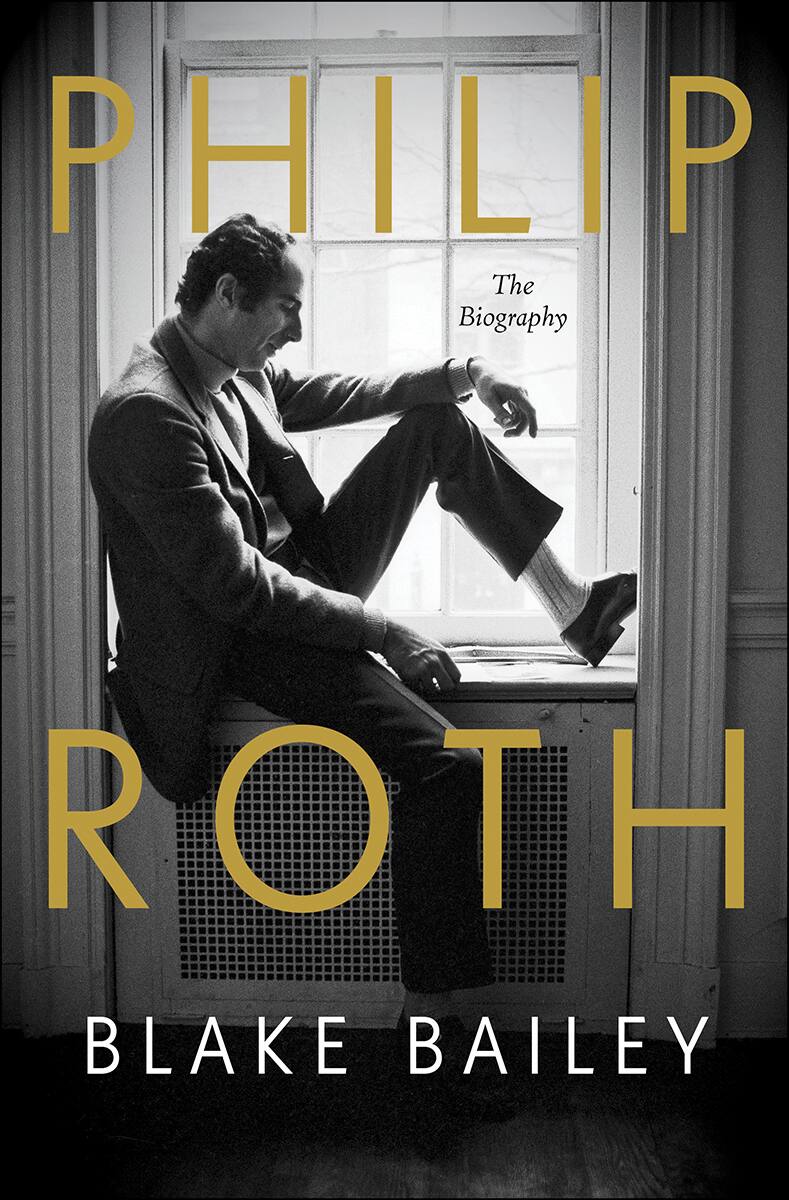Why stopping the distribution of the Philip Roth biography was a bad idea

“Philip Roth: The Biography,” was the literary event of the spring when it published this month. Author Blake Bailey previously studied literary giants like John Cheever and Richard Yates. He won over the cantankerous Roth after the novelist had fired University of Connecticut professor Ross Miller from the job and failed to persuade two well-regarded women to take on the project.
But the initial round of debate about the book ended in a crash after the New Orleans Times-Picayune reported allegations that Bailey had groomed his former middle-school students, pursuing them for sex after they reached adulthood. One woman says he raped her. Then, the New York Times followed up with a report that a female publishing executive wrote to W.W. Norton’s president in 2018 to say that in 2015, Bailey assaulted her while they were both guests at a friend’s home.
Bailey denies the allegations; in an email to the Times, he called them “categorically false and libelous.”
W.W. Norton, the publisher, has responded to this mess as you might expect: by reflexively trying to minimize its own headaches while expressing surface concern about the allegations. This is a mistake, both as matter of principle and public relations. A wiser course, and the one that would show greatest trust in readers, is to lean into that pain instead. Rather than trying to slow the circulation of a book that’s become an embarrassment, W.W. Norton should use the press tour dates it scheduled to stage an open conversation about sexism in publishing. And the company needs to publish a full and candid autopsy of its own decision-making.
Take the decision to stop shipping existing copies of the book and to pause a planned second printing of 10,000 additional copies. Given the book’s 2.8-pound weight, finding a place to stash 14 tons of suddenly unsellable volumes would be a definite annoyance.
But the choice serves little purpose beyond public relations — if it even helps W.W. Norton with that. The sort of readers inclined to buy a 900-page book about Roth, of all people, are not readers who are afraid to encounter questions about horrible male behavior. Certainly, charges of rape are different from self-gratification involving a nonconsenting piece of liver, to name one of Roth’s ickier and more evocative images. But if you can make it through Roth’s novels eager to know more about the man who wrote them and drew so deeply on his own life to do so, surely, you’re prepared to encounter ugliness on the page and off it.
Then there is the money piece. Books as big as the Roth tome are always financial rolls of the dice. The publisher pays an author a large advance and hopes the book makes enough in sales to cover its investment. Most books don’t pay off. Some, at least, lend the publisher an aura of literary prestige for effort. Here, both of Norton’s bets look sketchy now.
In halting printing and shipping of the Roth book, Norton may want to show that the company is willing to take a financial hit in order to demonstrate its values. But nobody, other than maybe Norton, gets anything out of such a decision. It would be far more productive for the company to publish the book, let the public decide its merits and commit to donating any profits — and maybe even a figure that matches Bailey’s advance — to charity instead.
Why didn’t Norton trust the reading public to decide on the merits of the Bailey book for itself? That may be, at least in part, because a closer examination of what happened here puts Norton itself under some very harsh lights. “These allegations are serious,” the company said announcing its suspension. But those scruples do not appear to have kicked in earlier in the process of putting together “Philip Roth: The Biography.” As the New York Times reported this week, a woman wrote to W.W. Norton’s president, Julia Reidhead, in 2018 to say that Bailey had attacked her. According to the woman, Reidhead never responded.
But Bailey did, because the publisher appears to have forwarded the woman’s email to the author, who, according to the Times, asked her to keep quiet on the grounds that her allegation might hurt his wife and daughter.
At the time, W.W. Norton seemed to feel comfortable relying on Bailey’s word. Or perhaps Norton simply gambled that this particular time bomb would never go off.
In any case, W.W. Norton’s concern now isn’t worth much, however much money it stands to lose with this pause. The clearest sign that the company respects its readers and views these allegations as more than just a PR problem would be an attempt to continue a conversation, rather than to cut it off.
Read more:






